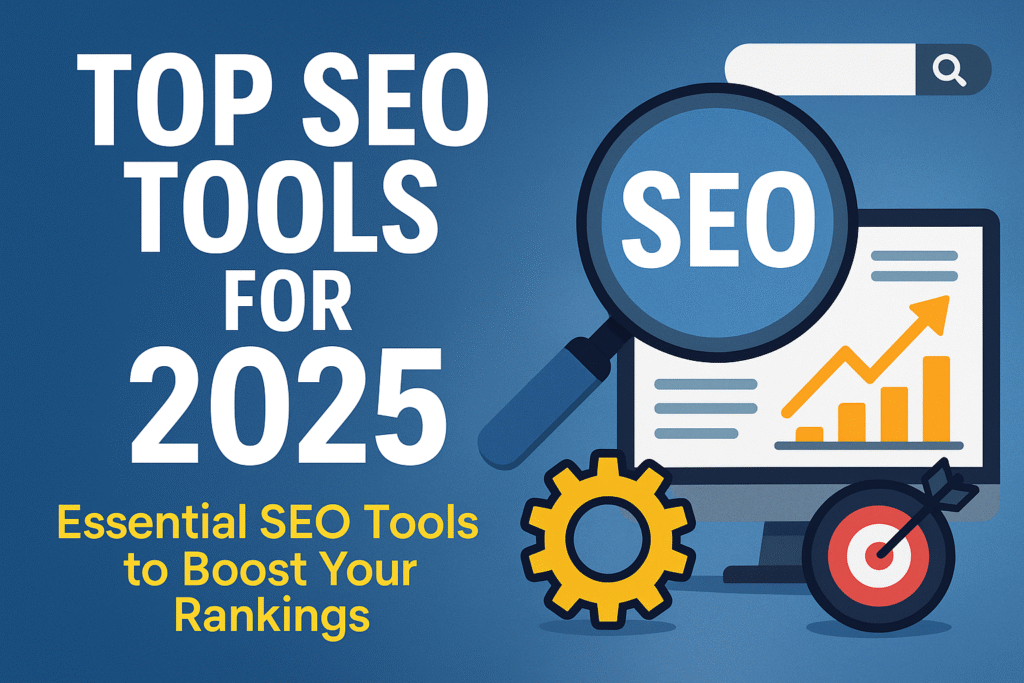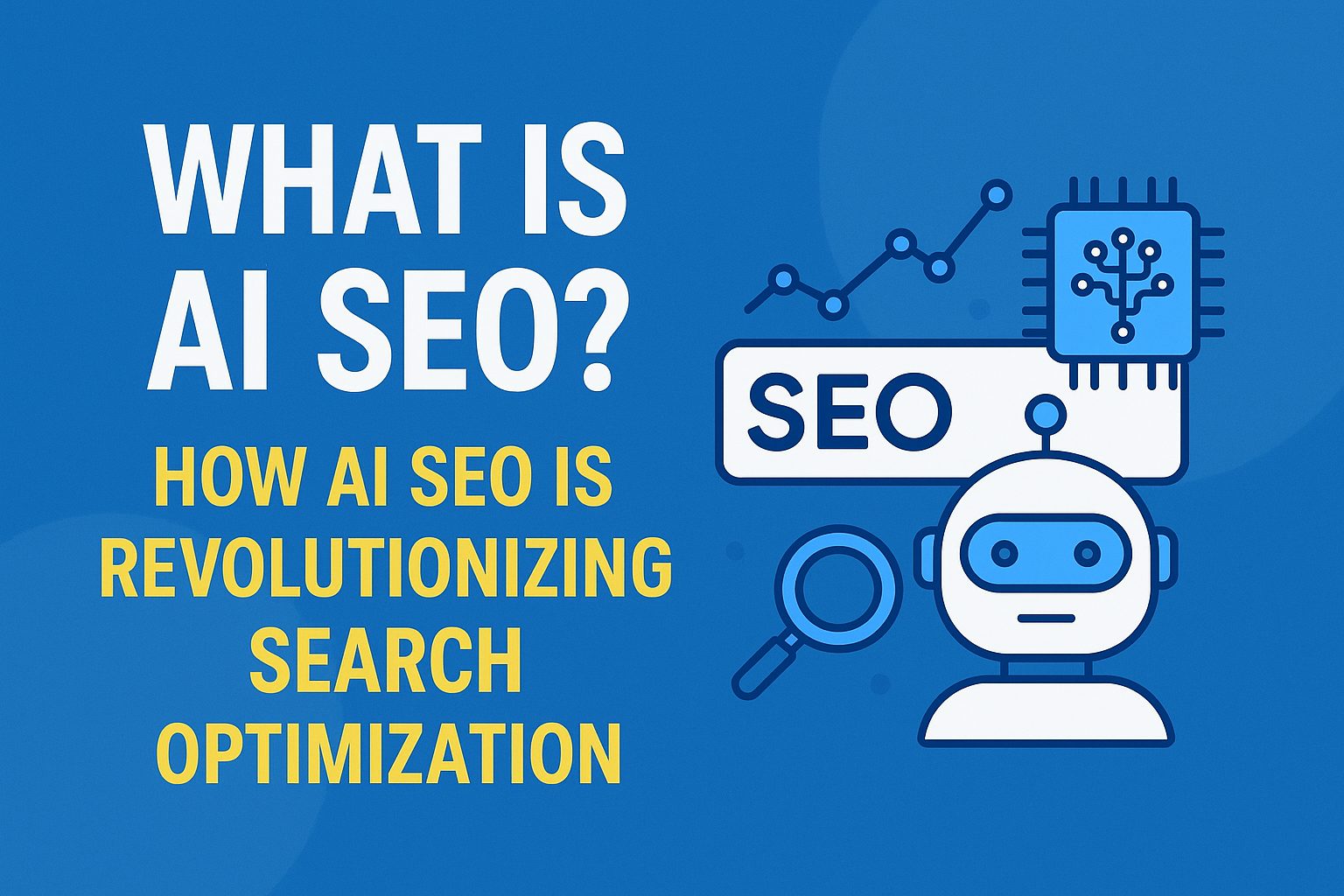5 Common Reasons Your Site Is Indexed But Not Showing on Google – Quick Fixes for Better Visibility!
If you’ve recently launched a website or made updates to an existing one, it can be incre

dibly frustrating to find that your site is indexed but not showing on Google search results. Even though you’ve done everything right – creating quality content, optimizing your site, and submitting a sitemap – your site still doesn’t show up on Google. The good news is that you’re not alone, and there are multiple reasons why this might happen.
In this article, we’ll dive into why your website might be indexed but not appearing on Google search results. We’ll also explore practical solutions to help you fix this issue and boost your site’s visibility on Google.
What Does It Mean for a Website to Be Indexed by Google?
Before we delve deeper into the reasons why your site may be indexed but not showing on Google, it’s important to first understand what it means to be “indexed.”
When Google’s crawlers visit your website, they read the content and store it in their vast database – this process is called indexing. Once your site is indexed, it means that Google has acknowledged your website’s existence and is aware of your content. However, being indexed doesn’t automatically mean that your site will appear in Google’s search results. That’s where ranking and visibility come into play.
Why Is My Website Indexed But Not Showing on Google?
There can be a variety of reasons why your site is indexed but not showing on Google search results. Let’s explore the most common causes.
1. Poor Quality Content Can Lead to Indexed But Not Showing on Google

The quality of your content plays a huge role in your site’s ability to rank on Google. While Google’s crawlers may index your website, your content needs to meet Google’s standards in order to appear on search results. If your website features thin content, duplicate content, or content that doesn’t add value to users, it may get indexed but not rank well.
Google’s search algorithm is designed to deliver the most relevant and high-quality content to its users. If your content doesn’t meet these criteria, it may remain buried beneath pages with better content, even though it’s indexed.
Solution: Improve Your Content to Appear in Google Search Results
To fix this, focus on improving the quality of your content. Make sure your content is unique, informative, and well-written. Avoid keyword stuffing and provide clear, valuable answers to the questions your audience is asking. Aim to write long-form, comprehensive content that thoroughly covers the topic. Google rewards content that provides value.
For further guidance on how to improve your content, you can visit our SEO Best Practices Guide.
2. SEO Practices Impact Indexed But Not Showing on Google

Search engine optimization (SEO) is essential for getting your site noticed by Google. Even if your website is indexed, if your SEO practices are ineffective or non-existent, your website may not appear in search results. This includes factors such as:
- Incorrect use of title tags, meta descriptions, and headers
- Lack of internal and external links
- Improper keyword usage or no keywords at all
- No optimization for mobile devices or page speed
Solution: Optimize Your SEO for Better Google Visibility
To fix this, make sure you’re following best SEO practices. Use keyword-rich titles, meta descriptions, and headers. Add internal and external links to relevant content, and ensure your website is mobile-friendly and loads quickly. Use tools like Google Search Console to identify any SEO issues on your site.
For a step-by-step SEO guide, check out our SEO Optimization Guide.
3. Google’s Algorithm Doesn’t Consider Your Site Worthy Yet

Even though your site is indexed, Google’s ranking algorithm may not consider your website worthy enough to appear in search results. Google uses hundreds of ranking factors to determine how and where to rank a website. If your site is new, lacks backlinks, or has little domain authority, it may not yet be recognized as valuable enough to appear prominently in search results.
Solution: Build Your Site’s Authority for Better Rankings
If this is the case, you’ll need to build your site’s authority and credibility over time. You can do this by acquiring high-quality backlinks from reputable sources, creating fresh content regularly, and increasing user engagement. As Google sees that your site is trusted and relevant, it will start ranking your content higher.
Learn more about building domain authority from Moz, a leader in SEO.
4. Technical Issues with Crawling or Indexing

Sometimes, the reason your website is indexed but not showing on Google results is due to technical issues that prevent Google from crawling and indexing your pages properly. Some common reasons include:
- Robots.txt settings that block Googlebot from crawling certain pages
- Broken links or redirect loops
- Errors in your sitemap that prevent Google from discovering pages
- Server issues that prevent Googlebot from accessing your site
Solution: Resolve Technical Issues to Improve Crawling and Indexing
To fix this, you’ll need to resolve any technical issues with crawling and indexing. Start by using Google Search Console to check for crawl errors. If your robots.txt file is blocking pages from being crawled, you’ll need to adjust the settings. Additionally, make sure your sitemap is properly formatted and submitted to Google Search Console.
Check out Google’s Search Console Help for more troubleshooting tips.
ALSO SEE: How to Write SEO-Friendly Title and Meta Description Using AI
5. Manual or Algorithmic Penalties Affect Indexed But Not Showing on Google

Google uses both manual and algorithmic penalties to demote sites that violate its webmaster guidelines. If your site is using unethical SEO practices, such as black-hat tactics, keyword stuffing, or unnatural link building, it might have been penalized by Google. Even if your site is indexed, a penalty can keep it from appearing in search results.
Solution: Fix Penalties to Restore Google Visibility
If you suspect that your site has been penalized, check for any notifications in Google Search Console. If you’ve been penalized for bad SEO practices, you’ll need to remove any violating content or backlinks. Afterward, you can submit a reconsideration request to Google. Ensure that you follow Google’s Webmaster Guidelines going forward.
To learn more about manual penalties and how to resolve them, visit Google’s Manual Actions Guidelines.
6. Your Site Is Too New and Needs Time to Appear on Google

If your site is relatively new, it might take some time before it starts showing up on Google. Google doesn’t always immediately trust new websites. In fact, it can take weeks or even months for a new site to gain visibility, even if it’s indexed.
Solution: Be Patient and Consistent for Better Google Visibility
This issue will resolve itself over time as your site gains more authority and credibility. In the meantime, continue creating high-quality content, building backlinks, and optimizing your site. Over time, your site will begin to appear more frequently in search results.
ALSO SEE: How to Write Perfect Page Titles and Meta Descriptions for SEO
7. Search Console Settings May Be Affecting Google Visibility

Sometimes, issues with Google Search Console settings can cause your site to be indexed but not appear in search results. For instance, if you mistakenly set your site to “noindex” or “nofollow,” Google will still index the pages, but they won’t appear in search results.
Solution: Check Google Search Console Settings
To resolve this, ensure that your pages are set to “index” and that there are no restrictive directives in your robots.txt file or meta tags. Check Google Search Console for any settings that might be preventing your pages from being shown in search results.
8. Slow Page Speed and Mobile-Friendliness Impact Google Ranking

Page speed and mobile-friendliness are important factors for ranking on Google. Slow-loading pages or pages that aren’t optimized for mobile devices can negatively impact your rankings. While your site may still be indexed, it might not show up in search results due to poor user experience.
Solution: Optimize Page Speed and Mobile Experience
Optimize your website for speed by compressing images, leveraging browser caching, and minifying CSS and JavaScript files. Also, ensure your site is mobile-friendly by using responsive design and testing it on various devices.
For mobile optimization tips, read Google’s Mobile-Friendly Test.
Conclusion: Fix Your Indexed but Not Showing on Google Issue
If your site is indexed but not showing on Google, don’t panic! There are several common reasons why this happens, and many of them are fixable. By focusing on creating high-quality content, following best SEO practices, addressing technical issues, and building your site’s authority over time, you’ll improve your chances of ranking higher in Google search results.
Remember, SEO is a long-term strategy, and it takes time to see results. Keep working on optimizing your site, building backlinks, and creating great content. Eventually, you’ll see your site move up in search rankings and start appearing on Google search results.
External Resources (DoFollow Links)
- Google Search Console Help – Learn how to use Google Search Console to track indexing and crawling issues.
- Google Webmaster Guidelines – Understand the best practices for creating a website that performs well in Google search results.
- Google PageSpeed Insights – Test and improve your website’s speed.
- Moz Domain Authority – Understand how to improve your site’s domain authority.

